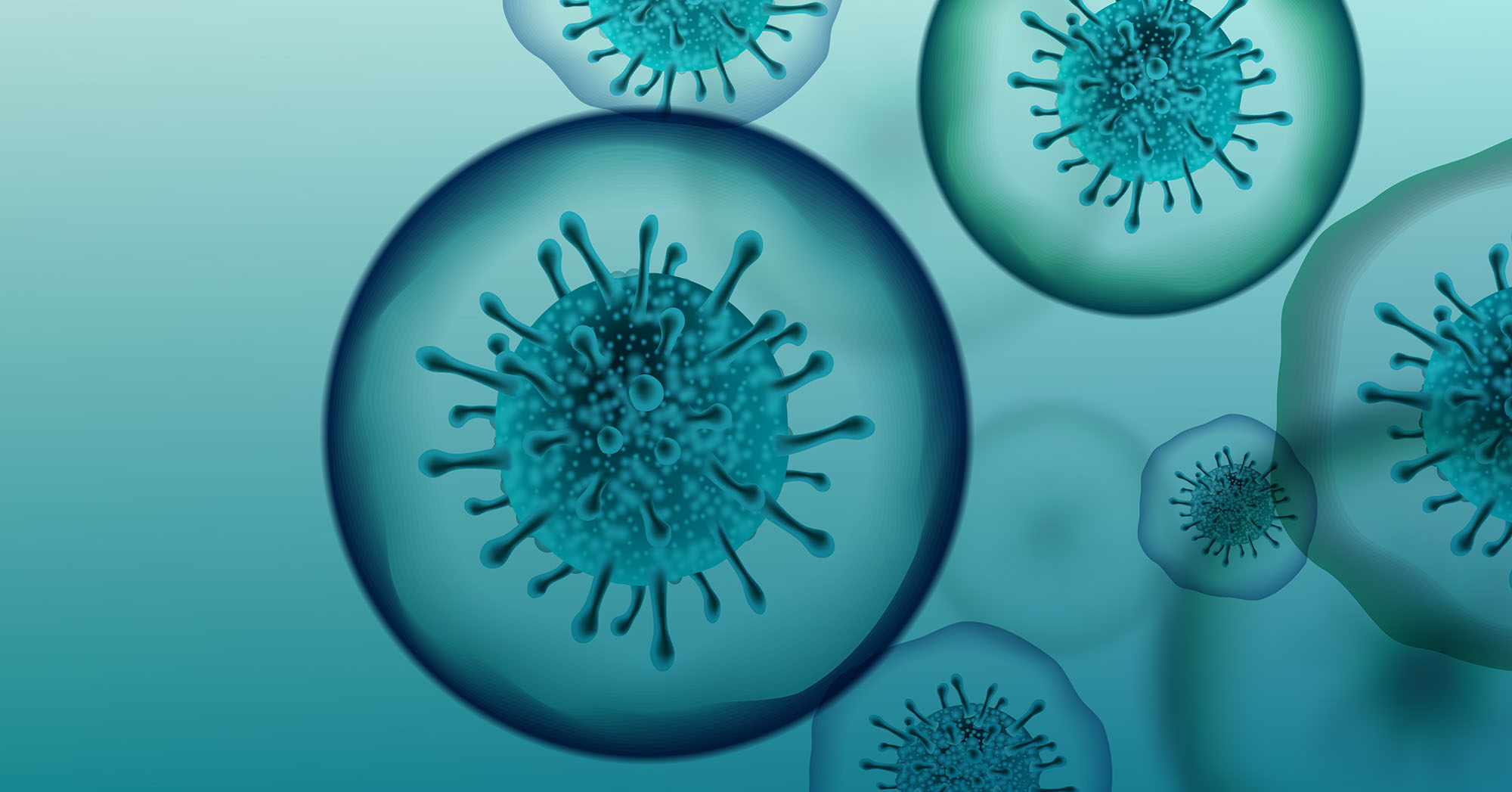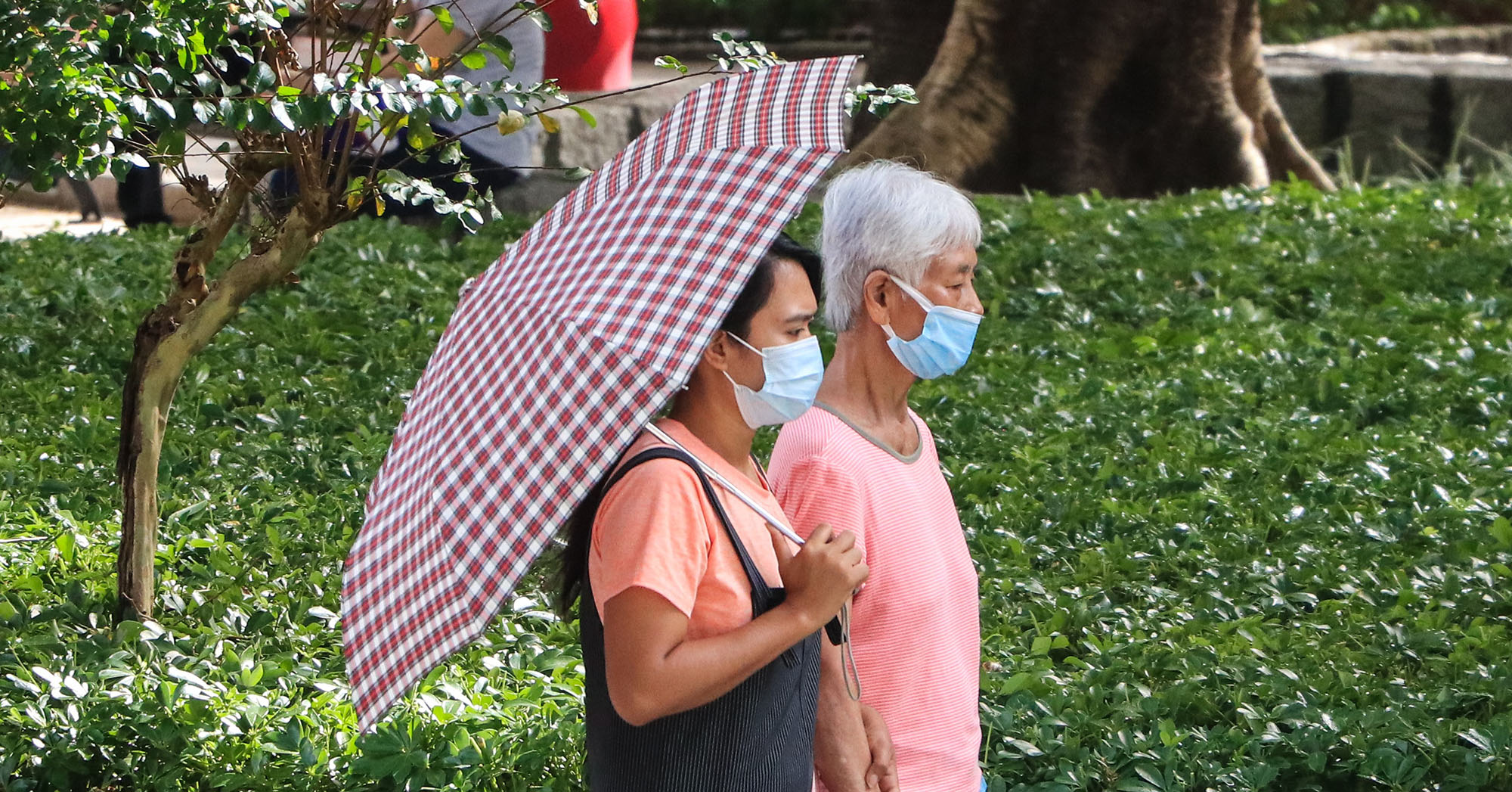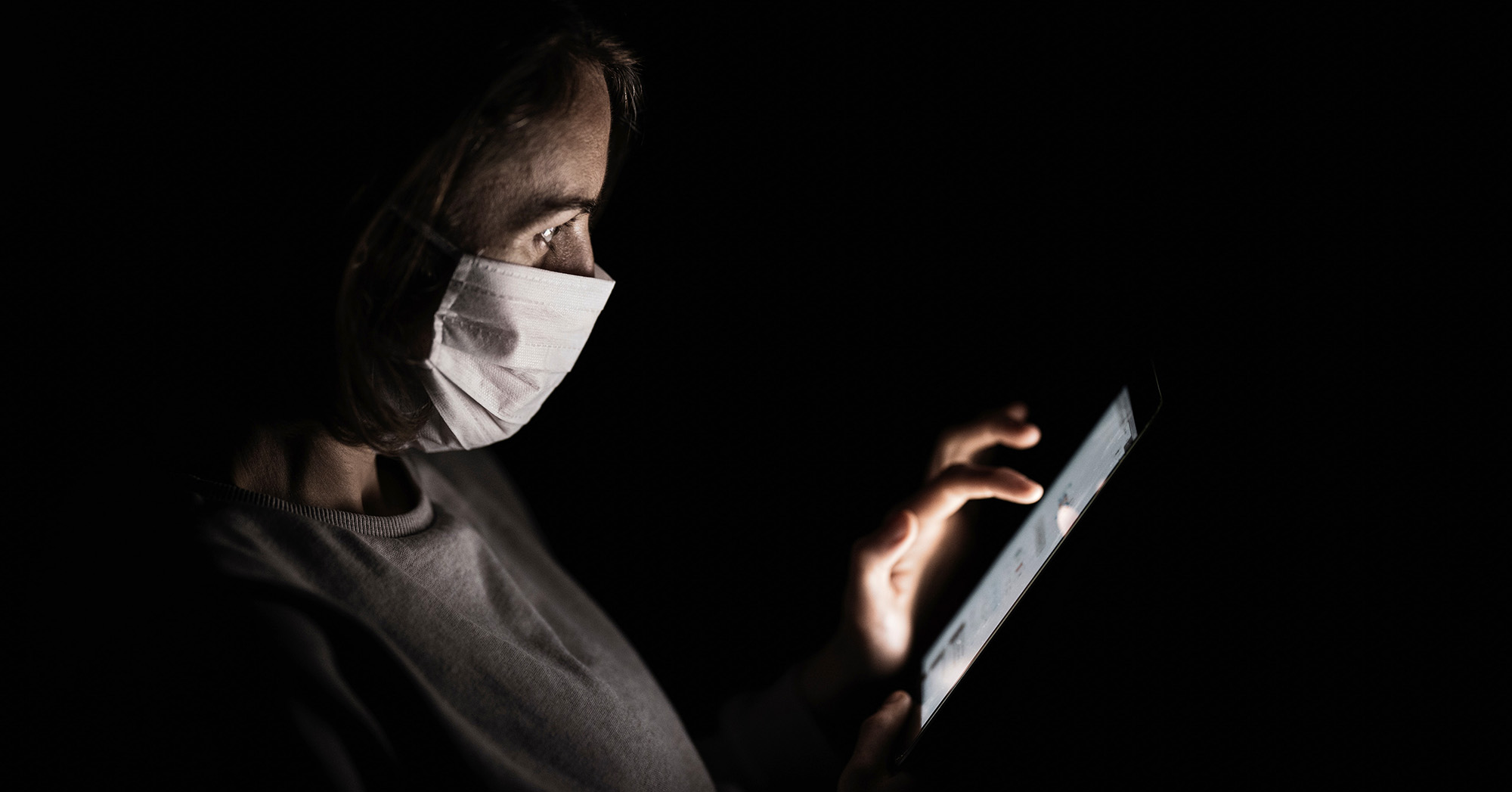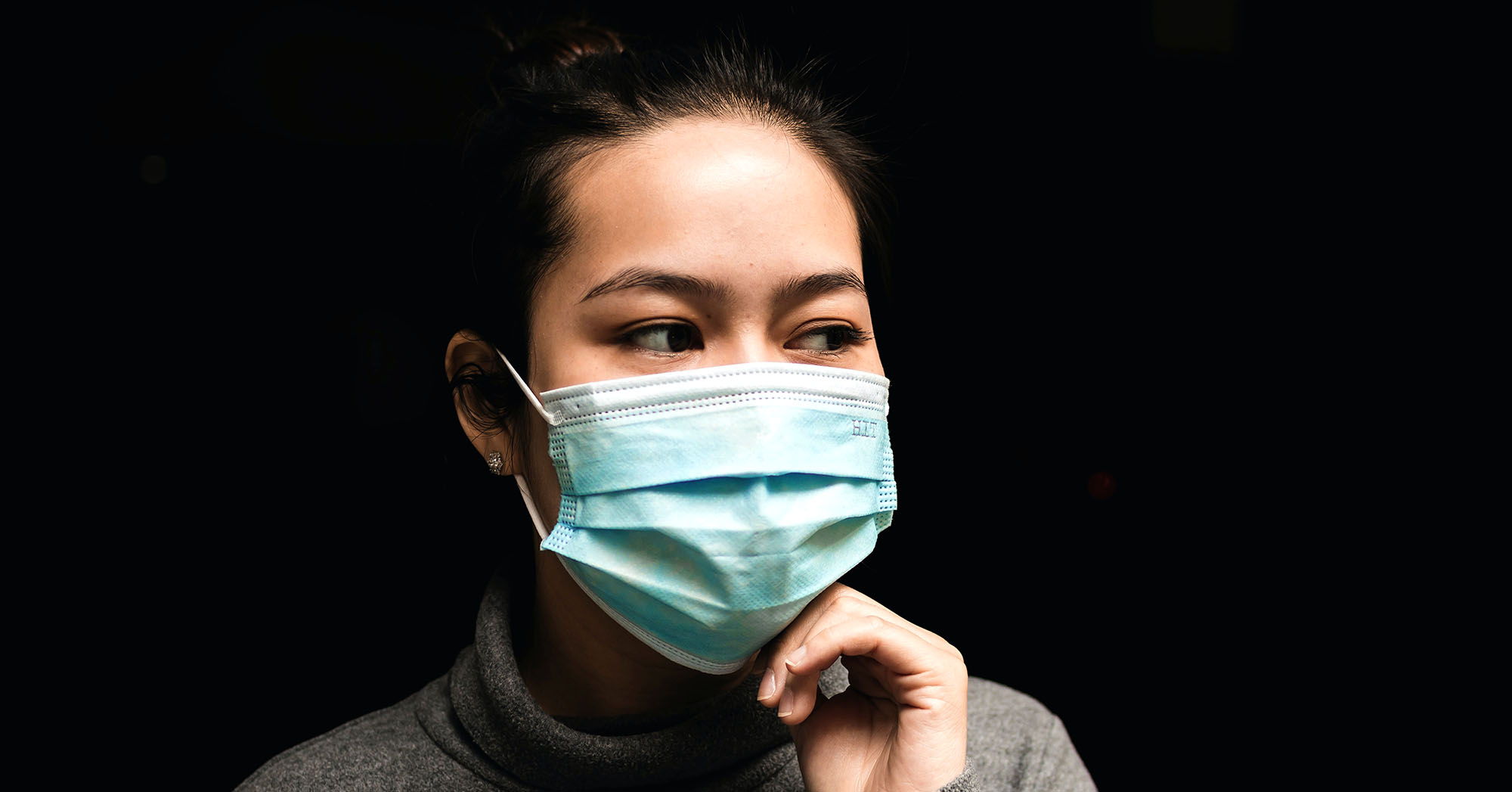We are all happy to welcome the beautiful, warm weather to New York. As the weather continues to get warmer, it is important to remember that the heat can be dangerous for specific individuals. We need to make sure that we take preventative measures to avoid heat-related illnesses. With the COVID-19 pandemic and the recommendations to stay home, there is an even higher risk for individuals who do not have air conditioning in their homes.
Laura Silverstein, MSN, RN, WCC
Recent Posts
Heat-Related Illnesses: Warning Signs and Prevention
Posted by Laura Silverstein, MSN, RN, WCC in Health & Lifestyle
Anxiety disorders are the most common mental illness in the United States. The cause of anxiety is not fully understood, but it can come from traumatic events or as a result of genetics. Depression is also more common than you may know. It can appear due to various factors, including genetics, trauma, and a change in brain chemistry. Nearly half of the people diagnosed with depression are diagnosed with an anxiety disorder as well.
As New York enters the phases of re-opening its non-essential business and an expected end to the stay-at-home orders, True Care would like to remind you of some important health precautions. Preventing COVID-19 and preventing heat-related illnesses are of significant concern right now.
It is True Care’s mission to protect our clients, home health aides and our nurses. COVID-19 is a new virus that has required the world to quickly adapt and find ways to stay safe; as a trusted Home Care Agency, we immediately put protocols in place to ensure safety and continued quality of care for our clients. We continue to follow city, state and federal guidelines, and have implemented many initiatives and programs to address the concerns of infection from COVID-19.
It is True Care’s mission to protect our clients, home health aides and our nurses. COVID-19 is a new virus that has required the world to quickly adapt and find ways to stay safe; as a trusted Home Care Agency, we immediately put protocols in place to ensure safety and continued quality of care for our clients. We are following city, state and federal guidelines and have implemented many initiatives and programs to address the concerns of infection from COVID-19.
Personal protective equipment (PPE) is reserved, for the most part, for health care workers and other individuals working in a healthcare environment. During this unprecedented time, everyone is using PPE to protect themselves from COVID-19. Everyday use of PPE for non-health care workers usually includes a face covering and gloves. PPE use for healthcare workers can include a face covering, eye protection, a gown or protective “suit” and gloves.









